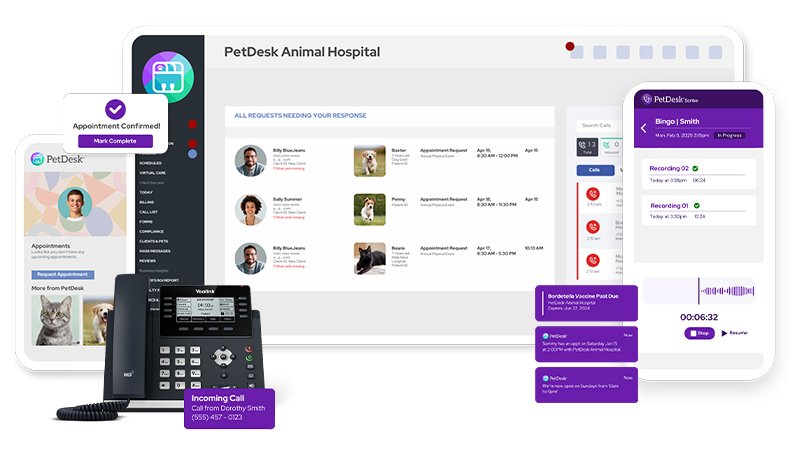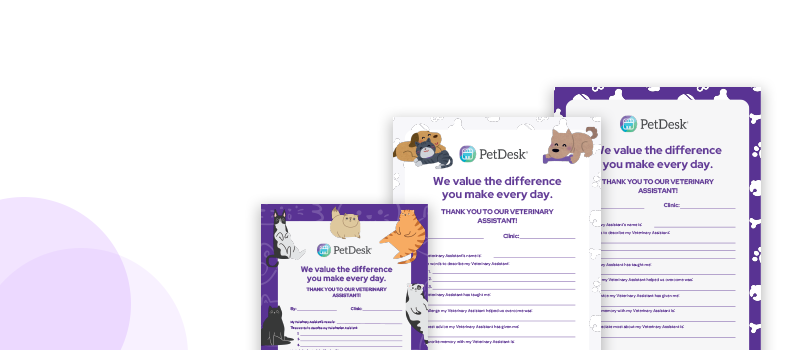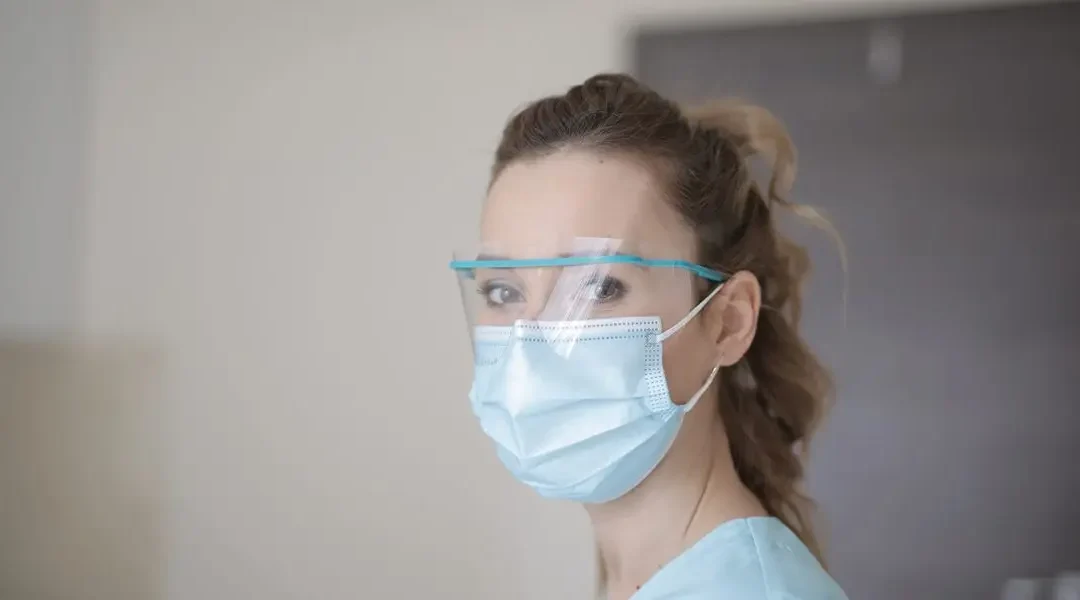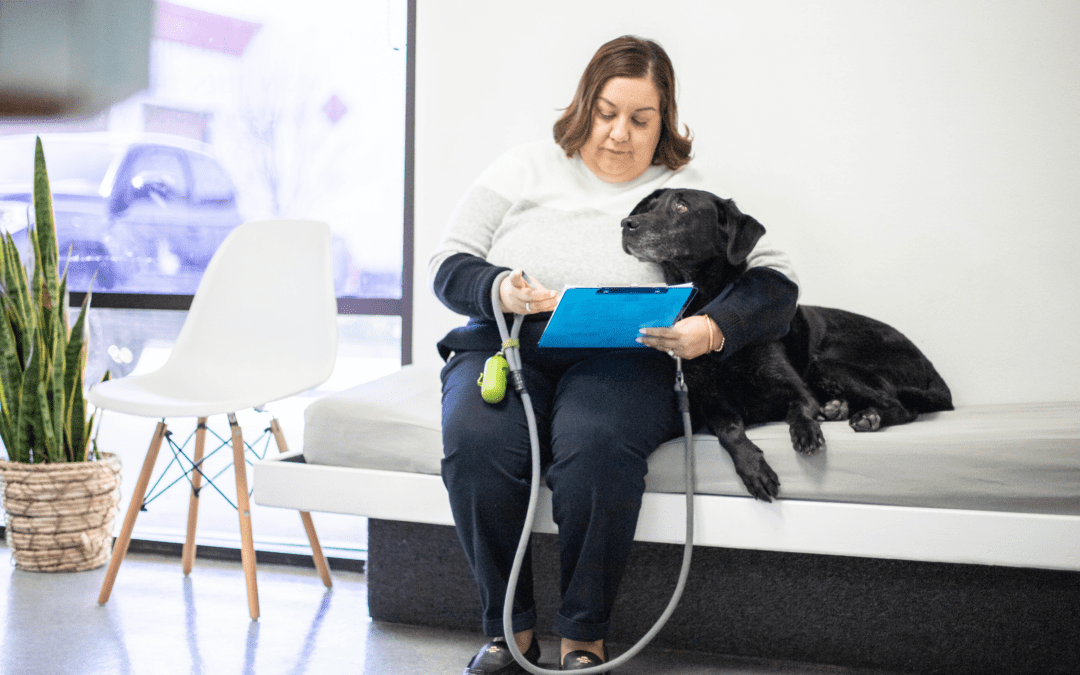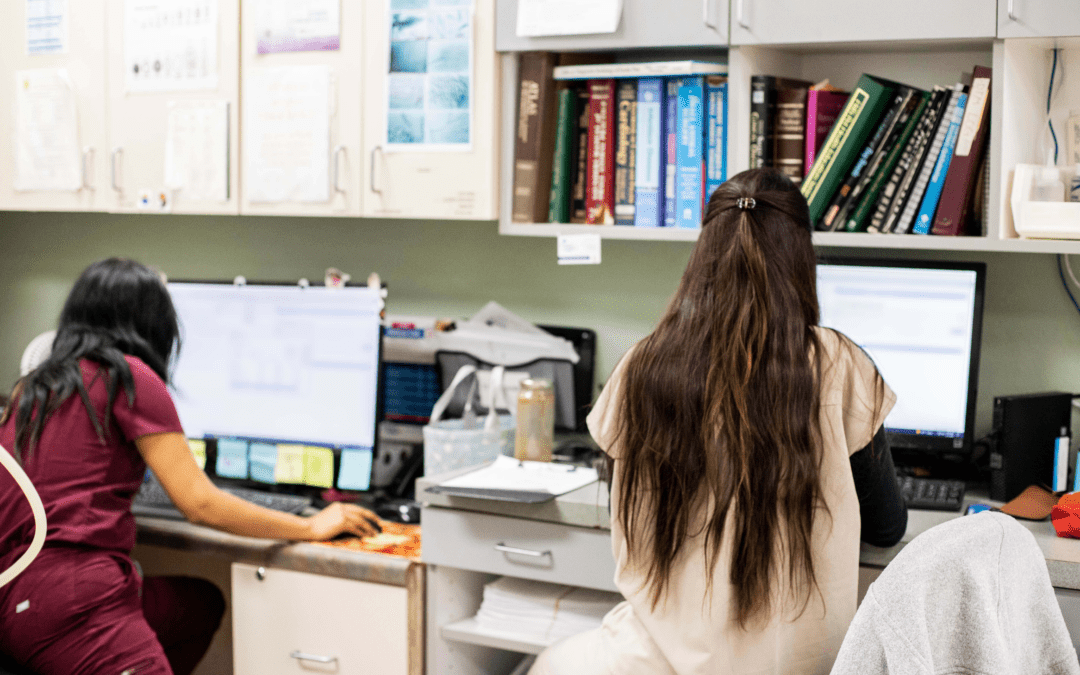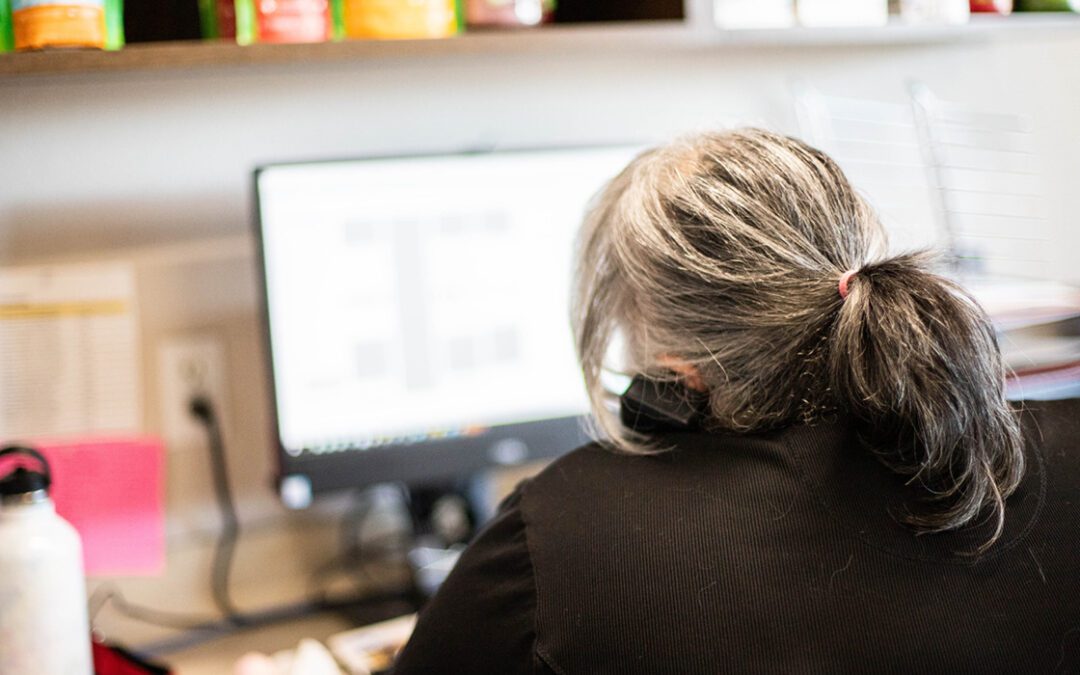Just as many veterinary clinics are reopening, they are already switching back to curbside service, mask, and vaccination requirements due to the Delta variant of the COVID-19 virus.
The Delta variant, which is more contagious than previous variants of the virus, began spreading rapidly and hitting headlines around the middle of June 2021. This coincided with vet clinics readying to reopen across the U.S. and Canada. Delta has now become the predominant strain of the virus and is a major cause of concern as cases increase across the U.S.
In this post, we’ll explore what veterinary hospitals are doing to combat the Delta variant and explain how PetDesk can help your practice navigate these, once again, challenging times.
Dealing With COVID-19 Challenges: Then and Now
Back in June 2021, we spoke to three practice managers from vet hospitals in the U.S. and Canada to see how COVID-19 is affecting their day-to-day work, and the considerations they were putting in place to safely reopen their hospitals. Keep reading to discover how they responded to the first wave of the virus, and what they’re doing now to deal with the Delta variant.
Curbside Service
Shifting to curbside service was one of the most important changes adopted by veterinary practices at the start of the pandemic. Curbside veterinary care and medication pickup eliminated the need for clients to enter the practice and allowed vet hospitals to continue delivering care while ensuring their staff and clients’ health.
The practice managers we spoke to all switched to curbside service at the start of the pandemic. Some also adopted a hybrid model, offering curbside service and allowing one client per pet family into the hospital. Other initiatives included outside sample boxes and patio appointments.
In response to the Delta variant, all three practice managers said they have settled on a hybrid model. Curbside pickup for medications and food supplies has also become standard practice.
Mask Requirements
Although mask mandates have been lifted in many states, vet hospitals are still requesting that clients wear face masks inside the building as they did at the start of the pandemic no matter vaccination status. Before the Delta variant surge, one of the hospitals lifted their mask requirement, but all three now have a face mask policy for staff and clients.
Implementing a face mask policy has allowed vet hospitals to do what they can to keep everyone safe, regardless of the vaccination status of individual staff members and clients.
The practice managers we spoke to reported that the majority of clients are understanding and accepting of mask requirements. This has allowed some of the hospitals to simplify safety protocols by phasing out COVID screening forms and temperature checks.
Scheduling and Capacity
At the start of the pandemic, our interviewees dealt with scheduling and capacity issues by implementing measures such as switching to longer appointments to allow for curbside service. Some also utilized telemedicine to help them maintain appointment volume.
Now that the hospitals have adopted a hybrid model, scheduling has become less of an issue. But some of the practice managers have leveraged their licensed technicians more to streamline curbside service and increase efficiency. Others have hired new team members to help them handle COVID-related procedures and tasks in response to the Delta variant.
Increased use of drop-off appointments and communicating with clients about appointment availability have also helped the practice managers deal with scheduling problems. In the final section of this post, we’ll take a closer look at how client communication and technology have helped vet hospitals navigate the pandemic.
Client Communication and Technology
Clear communication with clients has been vital since the start of the pandemic. PetDesk’s two-way messaging feature has also been widely used to communicate with clients and keep them updated throughout the pandemic. Templated text messages can quickly and efficiently communicate important information. During curbside, a text message is also easy to reference if clients need instructions when they arrive.
Maintaining clear and consistent messaging across the PetDesk mobile app, hospital website, and social media channels have also been vital. The practice managers we spoke to have all leveraged PetDesk for COVID-related messaging, allowing them to keep clients informed about clinic closures and changes in procedure requirements.
Finally, our interviewees had positive experiences with PetDesk’s veterinary loyalty program as a way to incentivize client feedback. This allowed them to monitor COVID-related concerns and build trust with clients throughout the pandemic.
Looking for creative ways to use the tools you have to overcome COVID-related challenges? Download our free CSR Survival Guide to access helpful resources, checklists, and more!
See the power of PetDesk for yourself—for free
Save time and grow your business with custom websites and digital marketing, 24/7 error-free booking, a PIMS-VoIP phone system, plus a client engagement platform with a mobile app.


